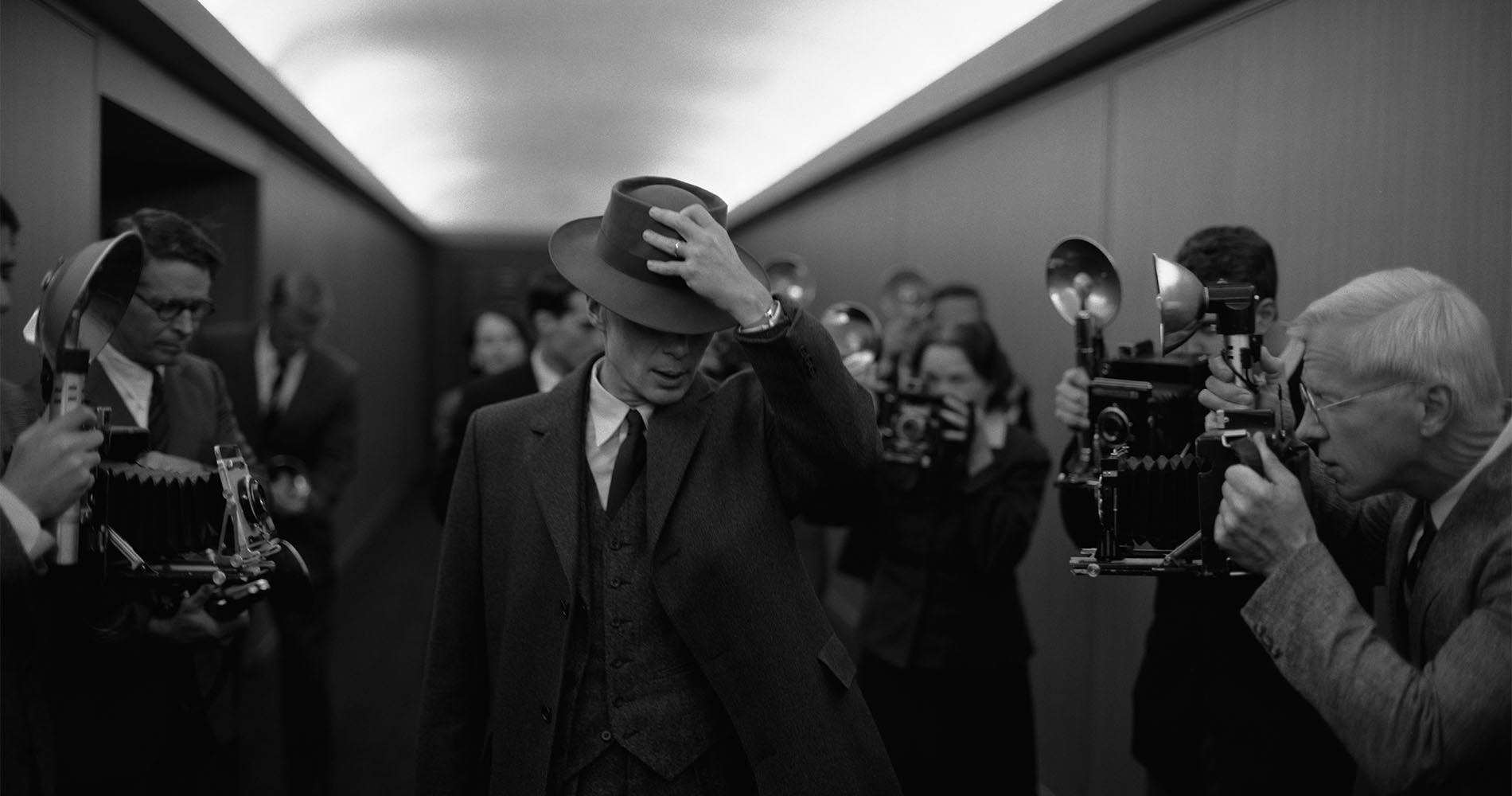|
Only have a minute? Listen instead
Getting your Trinity Audio player ready...
|

On the night of Feb. 21, 1944, a Norwegian named Knut (please pronounce the “K” — it is not a silent letter) Haukelid and two of his friends approached the ferry Hydro docked on the shore of LakeTinnsjå in Telemark, Norway. Tinnsjå is one of the largest and deepest lakes in Europe. Knut and his recruits needed the deepest lake in Norway, because they needed to sink the Hydro in the deepest water they could find. These men, working late at night, planted more than eight kilograms of plastic explosives in the boat’s keel and armed it with two hand-wound alarm clocks. Shortly after midnight, just as the Hydro moved over the deepest water in LakeTinnsjå, an explosion tore through the hull and sunk the boat, sending its cargo to the bottom.
Haukelid watched the ship go down with tears in his eyes.
Norwegian nationals were on that boat, and he could not warn even one of them, because there also was a shipment of heavy water on the Hydro. Heavy water is deuterium, an isotope of hydrogen. The “heavy water” that Adolf Hitler needed to make his atomic bomb was manufactured in a modern Norwegian water works that had been producing deuterium for scientific study since 1935. Hitler had invaded Norway, taken over the hydroelectric facility and thrown its production of heavy water into high gear.
The shipment of deuterium, housed in barrels and destined for rail cars, would be used to make Hitler’s atomic bomb. The heroes of Telemark had been told to sink the Hydro and sink it they did.
Many versions of this tale have been told on the screen, but they all carry the terrible cost of acquiescence to one evil to defeat another.
World War II, perhaps because of the consummate evil of Hitler, the consummate betrayal of Pearl Harbor and the consummate self-serving deceit of Stalin, has brought us more than one Faustian bargain.
There was Alan Turing and the men and women at Bletchley Park in Buckinghamshire, England, who broke the Enigma code. Enigma was an encryption device invented by the Germans. The Nazis, arrogant with their power, sent command decisions over the open air. They didn’t care if the Allies intercepted the messages, because, thanks to Enigma, no one could decipher them — until they could. Alan Turning built a machine that could quickly unscramble the code and suddenly the Allies knew what, when and how the Germans would execute their next ugly assault.
But with this knowledge came the heart-breaking fact that they could not counter move for move. If they did this, the Germans would know Enigma had been breached and would move on to another, equally mysterious form of encryption. Innocent, noncombatant men, women and children had to be allowed to die, to accomplish the ultimate destruction of the Axis powers. The Faustian bargain.
On its opening day, Tom and I went to see the movie Oppenheimer. It is an excellent movie: complex, layered and unrelentingly honest. Both my husband and I have a background in science. The names Oppenheimer, Feynman, Teller, Bohr, Einstein and others are names of which we have at least a passing knowledge. We already knew a great deal of the facts of the Manhattan Project.
What I thought the movie did in magnificent style was show how every scientist working on Manhattan recognized the need for their victory, but also recognized the horrible nature of the weapon they were creating. In one scene, Oppenheimer and others are wincing through film footage of the damage their bomb did to the people of Hiroshima and Nagasaki. I have seen some of that footage and it is more than somber, it is heart-wrenching.
But the footage of the death camps in Germany and Poland is the same. Footage of our sailors burning in the oil-drenched water of Pearl Harbor is the same. War is a special and purely man-made hell. All of it. All of it.
It is our Faustian bargain. You can, like Faust, blame Satan, but you must also blame the weakness of humans who can listen to the snake and respond from our own reptilian brain. Oppenheimer responded to the Trinity test of the bomb with a verse from the Hindu text, the Bhagavad Gita: “Now I am become Death, the destroyer of worlds.” But, because he and others faced the reality, knew the cost and went forward, I choose to keep the faith.
Louise Butler is a retired educator and published author who lives in Edinburg. She writes for our Board of Contributors.





